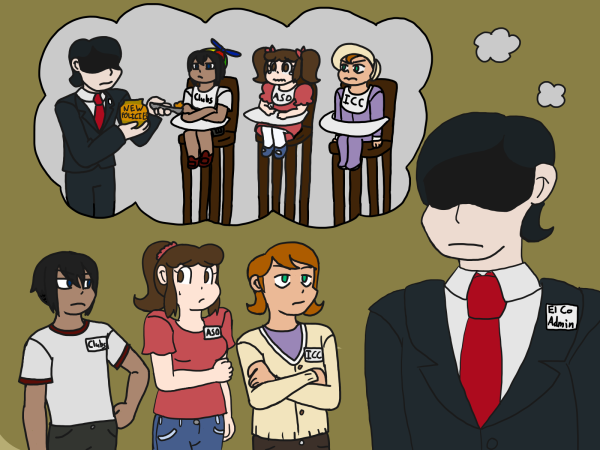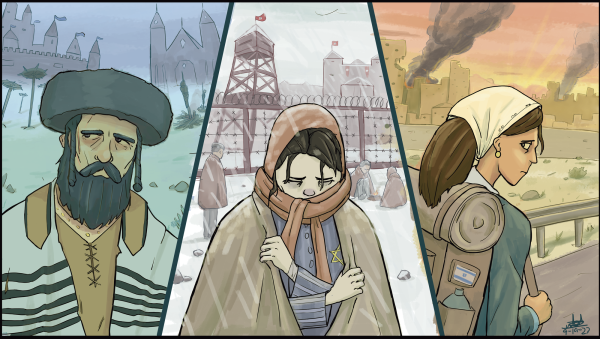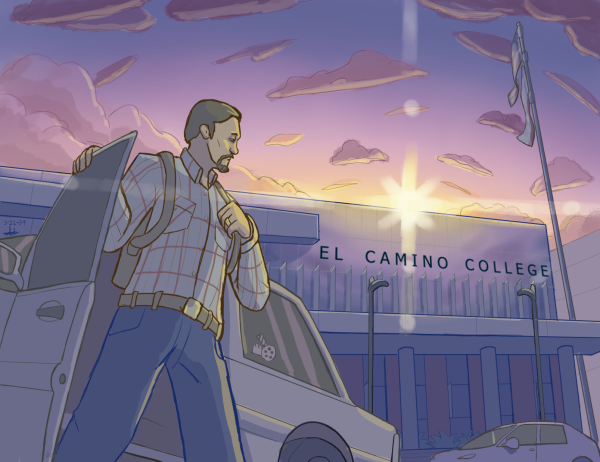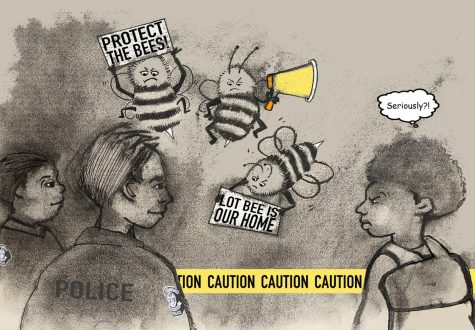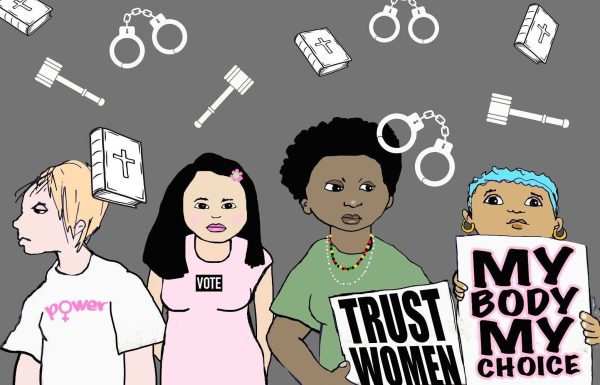Should the ill choose to die? YES
People who are terminally ill should have the right to end their own life or have their legal guardian decide if they should live on.
Brain damaged since 1990, Terri Schiavo’s feeding tube was removed at her husband’s request, last week.
Schiavo had suffered a massive heart attack which prevented oxygen from going to her brain. She has been in a vegetative state for the past decade and doctors say she has shown no improvement.
Her husband, Michael Schiavo, petitioned in 1998 to have her feeding tube removed in the Florida hospice his wife was staying in.
The only thing keeping her alive was her feeding tube, which has been removed since March 18.
Mr. Schiavo should have the right to end his wife’s life because he is her legal guardian; he should represent his and his wife’s interests to decide if they should take the feeding tube off and let her pass away. Keeping somebody alive who is almost already dead is not right.
In California, the Right-to-Die law would give the right to the elderly, terminally ill and brain damaged patients the right to terminate their lives by request or by the request of their legal guardian, instead of suffering until the day which they die naturally.
These patients should have a right to end their lives if they suffer chronic pain, or, if they are brain damaged, their legal guardian should have the decision to end their lives.
However, this law was rejected by voters because of the fear of massive suicide by the elderly and terminally ill. If the elderly are afraid of dying in pain and would prefer to die in a peaceful way, they should have the right to end their own lives instead of suffering before they die. There is also the public’s fear that people would want to commit suicide at any time and could legally do it.
For example, a lot of religions are against assisted suicide or cutting short somebody’s life span, so they could pump more fear into the communities to be against this law.
In a poll of 173 people, given by betterhumans.com, 59 percent said it is a matter of choice, 13 percent said it will prevent unnecessary suffering, and only 5 percent said that suicide is never the best solution to a problem. Most people agree that in a case of suffering, one would prefer to end their own life rather than suffer continuously.
One reason some people believe it would be wrong to commit suicide is because they want to spend as much time as they have with the person who is dying.
These people are not the ones in pain, but it would cause them pain to lose a family member or friend slowly. It would also cause pain for others, but by the patients dying in a peaceful way it would be more relieving for their family member or friend knowing their loved one did not die suffering.
Many cancer patients went to the infamous Dr. Jack Kavorkian to seek a suffer-free way to die. He helped many patients who suffered from stomach cancer to leukemia by killing them with lethal injections.
All of Kavorkian’s clients came to him and asked him to relieve each of their pain by killing them painlessly.
By law, assisting death by administering lethal injections is considered murder.
There should be a law that hospitals should not allow their patients to die painfully and people should find a loophole in the law that would allow the option of lethal injection to terminally ill patients.
Guaranteeing the terminally ill the right to end their own lives will help out society and even help out the patients.
Instead of spending money to keep patients in the hospital prolonging their death, room can be made for other patients who have a chance of living.
It would help out the patients who are suffering, because they won’t need to suffer until they die and it would help out the family and friends of terminally ill patients because they do not have to always worry about their dying loved one’s welfare, and they could move on with their lives.
In the end, the family and friends of patients involved in these situations would prefer quick, peaceful rest for their loved one, rather than watching them live out their final days suffering from their illness.


